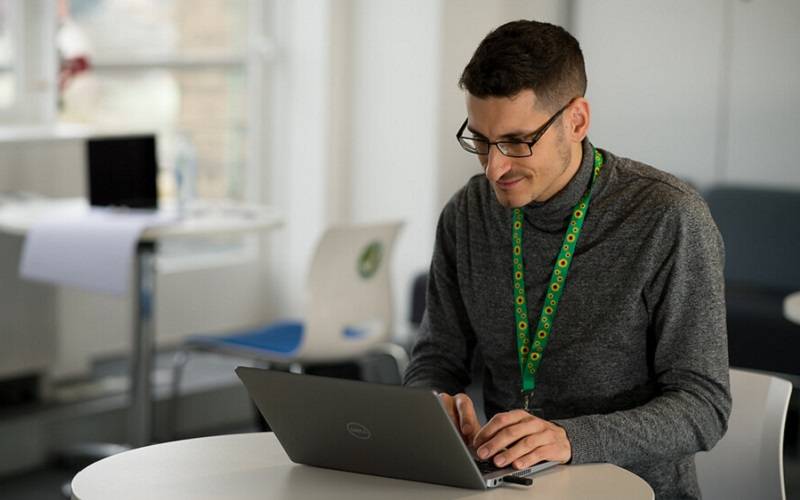 Who are disabled students?
Who are disabled students?

Disabled students at UCL are a wide-ranging group, their journey before they arrive, and the journey taken during their time at UCL is different to their peers.
A disabled person is defined in the Equality Act (2010) as someone with ‘a physical or mental impairment which has substantial and long-term adverse effect on their ability to carry out normal day-to-day activities’. This includes students with visible and non-visible disabilities such as physical disabilities, long-term illnesses, specific learning difficulties, social or communication difficulties and mental health conditions.
UCL follows the ‘social model’ of disability. This means UCL acknowledges that society is structured in a way that many individuals with protected characteristics experience barriers. The social model views the barriers experienced by disabled people as what disables the individual, rather than the conditions themselves. For example, making buildings accessible for a wheelchair user enables their full participation in education. Reasonable adjustments are one way of removing these barriers for individuals where it is possible and reasonable to do so.
Group descriptors and barriers
UCL has disabled students studying across all faculties at the University. In 2017/18 for UK-domiciled students, disabled students made up approximately 11.8% amount of UCL student population. In comparison it estimated that 20% of working age adults are disabled (ONS, 2022).
At UCL, the largest groups recorded are those with:
- cognitive and learning disabilities (4.2%)
- mental health disabilities (3.9%).
After the pandemic we saw an increase in students’ declarations of disability, in particular students who were self-reporting mental health issues or social and/or communication impairments.
Analysis of UCL data shows differences in continuation, attainment and progression rates between non-disabled and disabled students is small, however, this hides variation when looking at different types of impairments and the Student Success Office are undergoing further analysis to unpick this.
The National Student Survey (NSS) reports those with declared disabilities consistently report lower satisfaction rates and disabled students at UCL have reported challenges with the following:
- cognitive and learning disabilities (4.2%)
- mental health disabilities (3.9%)
- belonging
- navigating institutional structures
- accessing support
- attitudes
- lack of awareness from students and staff.
Student Success Interventions
We are hosting a staff speaker series with a focus on raising awareness of disability amongst staff and running self-advocacy workshops with Diversity and Ability for disabled students.
 Close
Close

